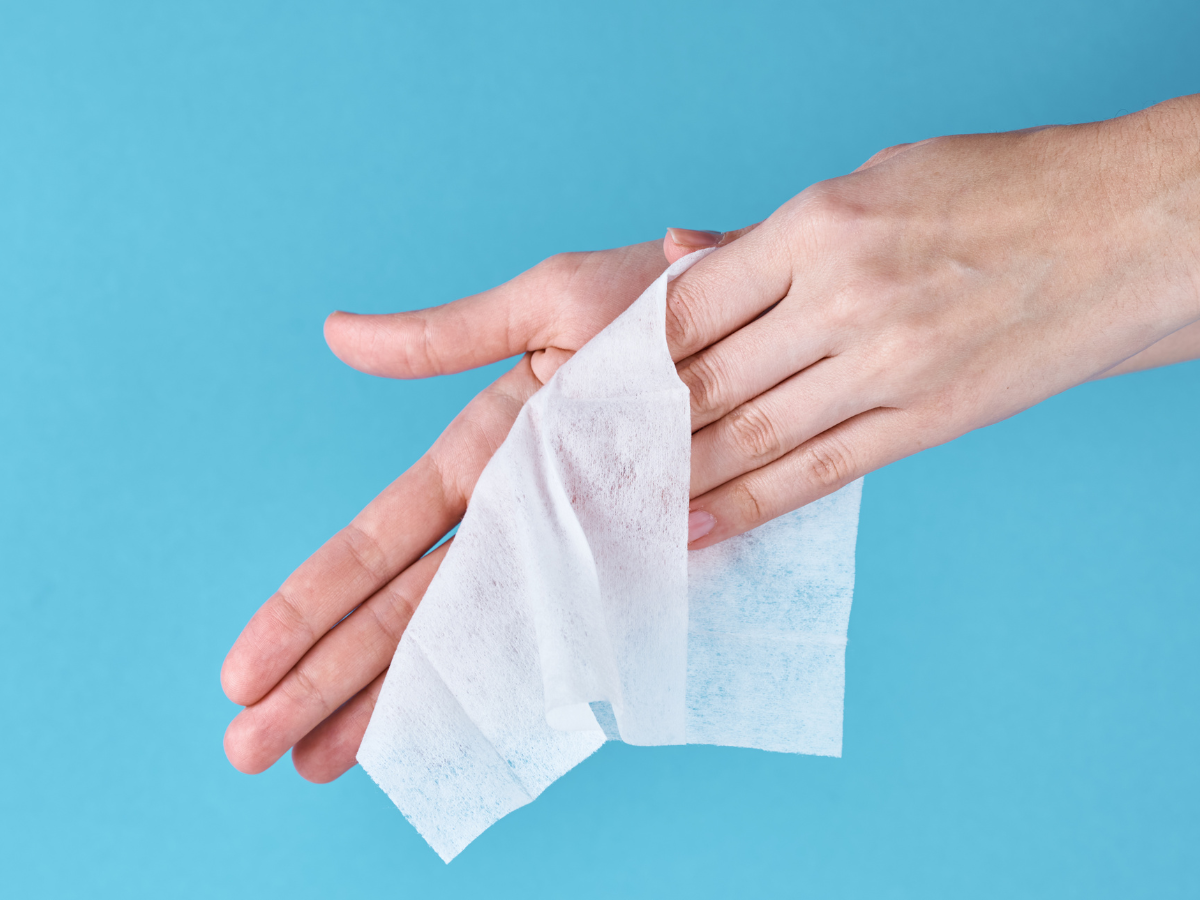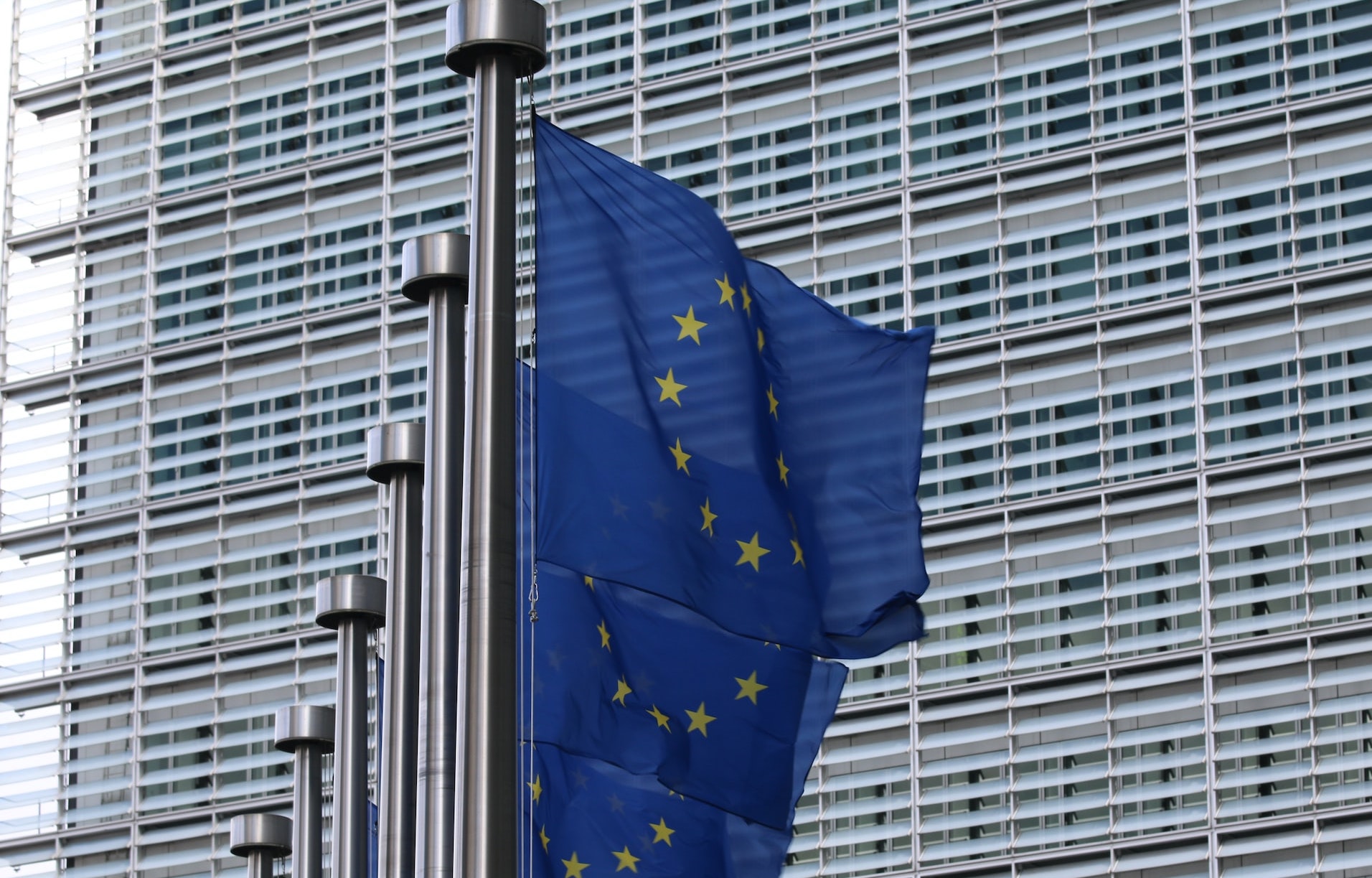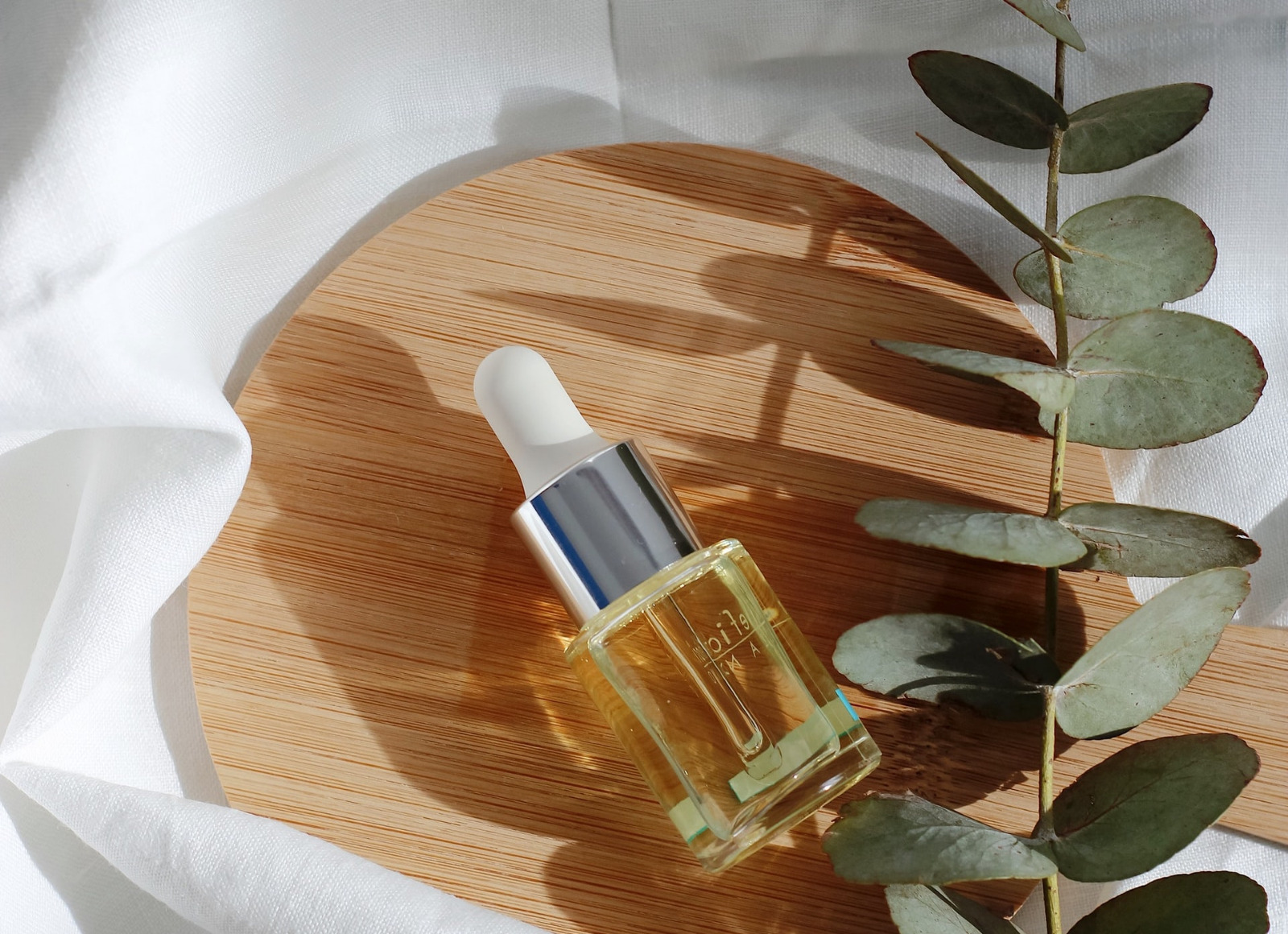Background
Wet wipe means a non-woven piece of fabric which has been soaked and stored in liquid and which is not designed or intended to be re-used, including but not limited to baby wipes, cosmetic wipes, moist toilet tissues, personal hygiene wipes and wipe-based cleaning products.
Wet wipes containing plastic degrade into microplastics over time, which research indicates can be harmful to human health and disrupt ecosystems. A recent survey found an average of 20 wet wipes per 100 meters of beach surveyed across the UK.
When these wet wipes enter the water environment, they can accumulate biological and chemical pollutants, increasing the risk of harm to both animals and humans. Banning these wipes will reduce plastic and microplastic pollution, as well as decrease the volume of microplastics entering wastewater treatment facilities when they are improperly flushed.
The public consultation revealed strong support for the proposed ban, with 95% of respondents agreeing or strongly agreeing with the proposals. The ban will be implemented through secondary legislation under the Environmental Protection Act 1990.
What’s new?
On July 23, 2024, Scotland announced a draft Statutory Instrument aimed at environmental protection, which proposes a ban on the supply and sale of wipes containing plastic. This measure is part of a UK-wide ban confirmed by the Environment Secretary in April.
The ban will cover beauty and makeup products, skincare preparations (including sunscreen and suntan products), and manicure or pedicure items. This specifically includes baby wipes, cosmetic wipes, and personal hygiene wipes.
This ban will take effect from April 30, 2026. England, Northern Ireland and Wales will implement similar legislation to ban plastic-containing wet wipes within their jurisdictions, as reported in our previous article.






